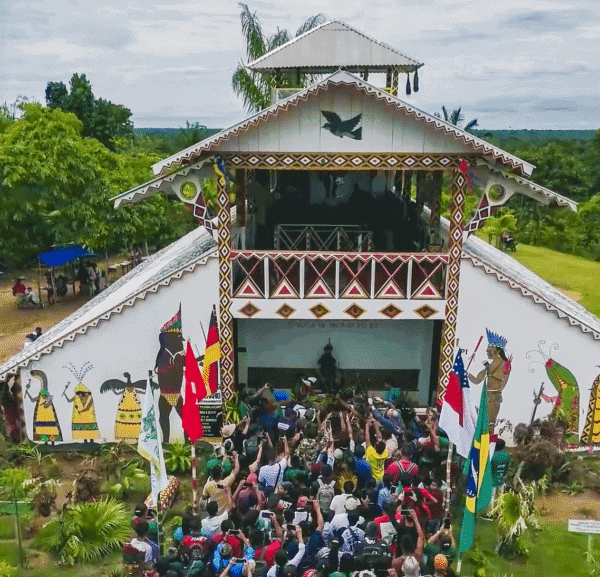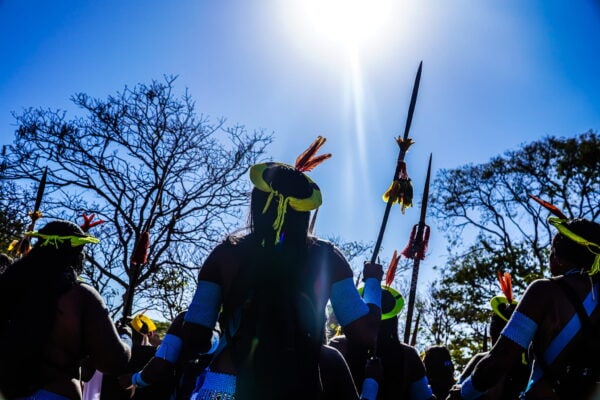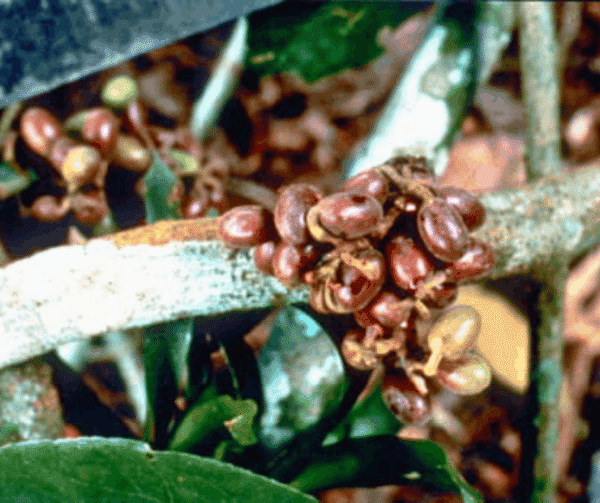Share this post
Carolina Gil, Regional Director of the Amazon Conservation Team Colombia authored this op-ed, published August 27, 2025 in El Espectador, a daily newspaper in Colombia.
OPINION | “Today it is clear: the environmental agenda is the political agenda. What happens in the Amazon will define not only the climatic future, but also the stability of the countries themselves.”
“The Amazon is not a homogeneous block: there are many Amazons, with different peoples, landscapes and resistances.”
The Amazon is now at a historic crossroads. This biome concentrates more than 16,000 species of trees, more than 50,000 plant species, millions of fungi and 13% of all trees on the planet. But its richness is not only biological: it is also cultural and political, expressed in the diversity of Indigenous peoples, in their linguistic plurality, and in the presence of active citizens who have been living in, working in and defending the region for decades.
This diversity coexists with increasingly strong pressures: illegal transnational mining, fueled by criminal networks, advances unabated and leaves a trail of pollution and violence in rivers and communities.
Bogotá Declaration: progress and omissions
From August 18 to 22, 2025, the eight Amazonian countries met in Bogotá at the Fifth Summit of ACTO Presidents, adopting the Bogotá Declaration, with 35 commitments.
Among the advances were the following:
- The recognition of the Amazonian Mechanism for Indigenous Participation, which for the first time grants a formal space to Indigenous delegates in regional governance.
- The announcement of the Tropical Forests Forever Fund, designed to channel direct payments per hectare conserved.
- The establishment in Manaus, Brazil of an international center for police cooperation against cross-border environmental crimes.
- A commitment to arrive with a common Amazonian position at COP30 in Belém.
These are measures that should be celebrated. But the declaration also left large gaps: it avoided committing to a curb on fossil fuels in the biome; it did not advance towards a “social ACTO” that includes campesinos, Afro-descendants and civil society; and it excluded urgent viewpoints such as that of the One Health framework, as well as the real participation of children and youth.
Many Amazons, not just one
The Amazon is not a homogeneous block: there are many Amazons, with different peoples, landscapes and resistances. With the exception of the Guianas, no Amazonian country has its capital in the Amazon biome: a clear sign of internal colonialism, where what happens in the rainforest is decided from afar.
In Colombia, the Amazon occupies 42% of the continental territory, but it continues to be treated as a periphery in national priorities. In the meantime, Amazonian cities, today organized in a regional network, are beginning to claim their place in the discussion. The agenda must be built from this plurality: Indigenous peoples with knowledge systems developed over thousands of years, campesinos, Afro-descendant communities, women, youth, churches, academia, organized citizenship and urban networks.
Colombia: the absent agenda
In Colombia, the situation is alarming. The Amazon is trapped in recycled violence: armed dissidence, illegal economies, predatory mining and disputes over territorial control. And yet, there is no clear national agenda to address this deterioration. The absence of coherent policies exposes the biome to accelerated deterioration, at a time when the warnings are more evident than ever.
From rhetoric to action
The Bogotá Declaration opens a path, but the decisive need is to listen to the alerts that already exist, prepared by the communities, Amazonian networks and research centers that for years have been warning with precise data about the risk of the point of no return. If these warnings are not translated into verifiable actions, with real financing and clear deadlines, the declaration will become another ritual of rhetoric.
The political challenge
Today it is clear: the environmental agenda is the political agenda. What happens in the Amazon will define not only the climate future, but also the stability of the countries themselves. The region needs priority attention, without distinction of the parties or electoral calculations. And it requires that society as a whole – urban citizens, productive sectors, the media, universities, churches and youth – stop looking at the Amazon as a distant periphery and assume it as the center of the debate on democracy, life and humanity.
Media Relations
For press release inquiries, please contact us at info@amazonteam.org.




